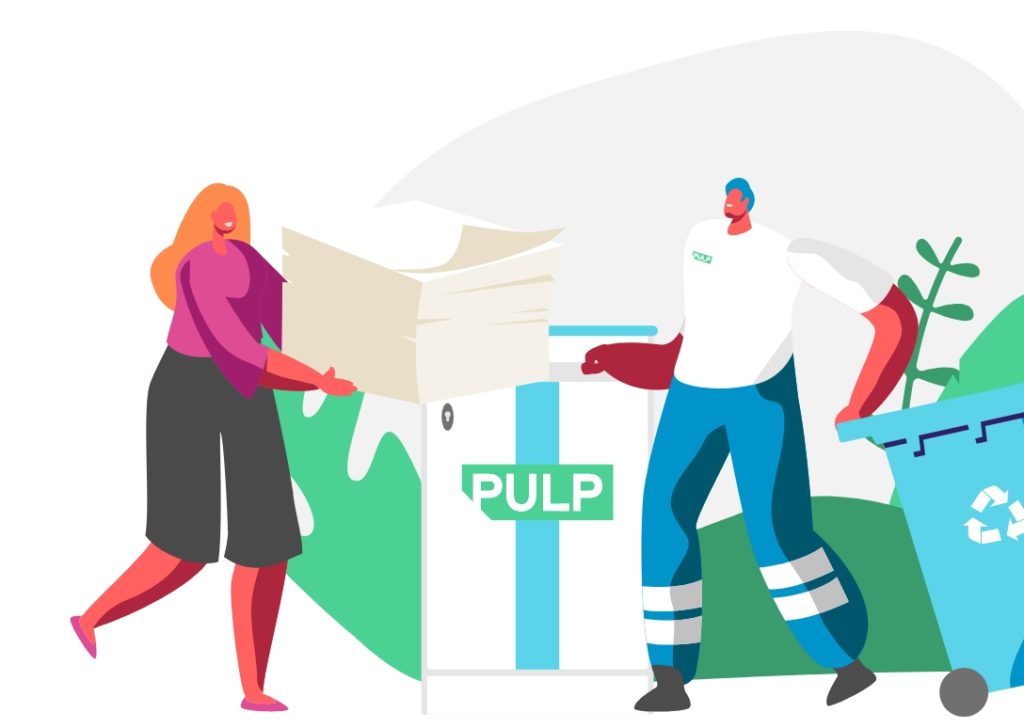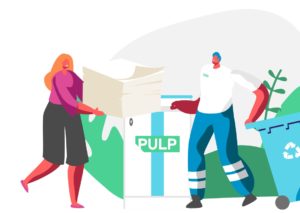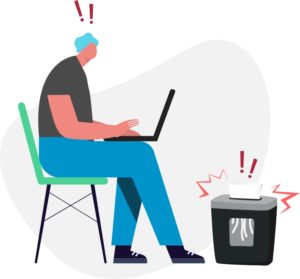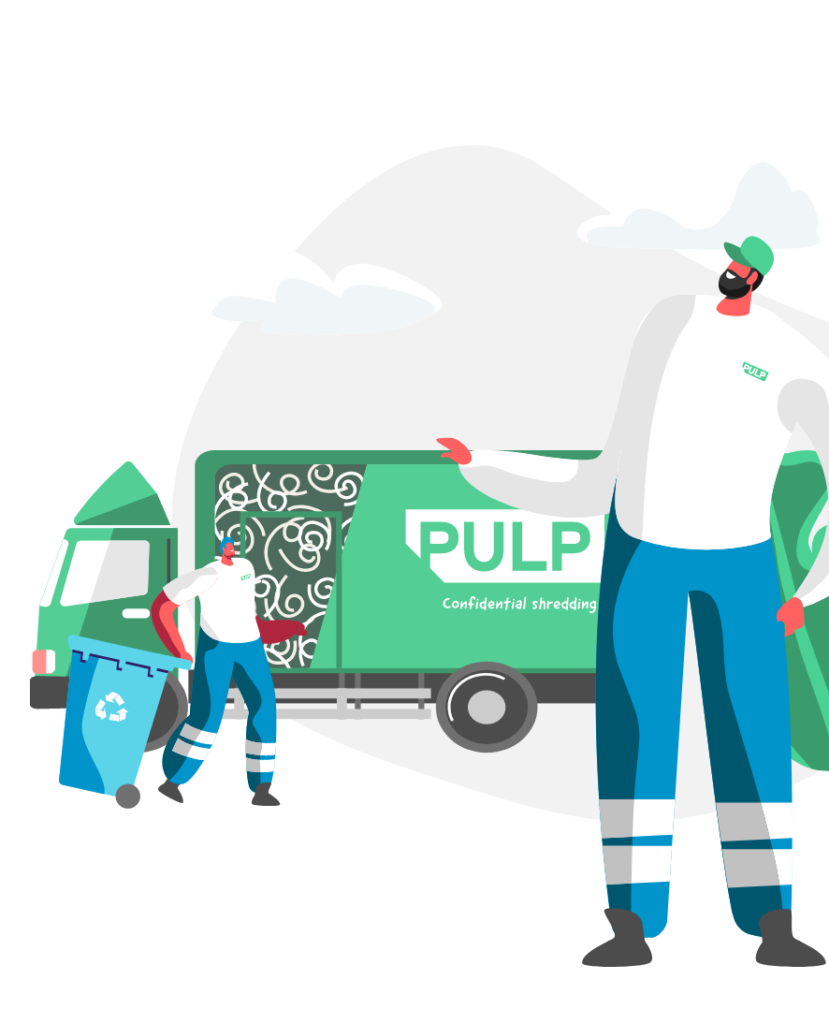Pharma teams juggle data in many forms, but paper is where slips often happen. A stray label, a printed email, an old SOP, small items, real consequences. Build confidential shredding into the workflow and disposal becomes predictable, compliant, and easier to report on.
Why Patient Data Needs Extra Care
Pharma teams handle personal details every day. A prescription slip, a sample label, a printout from a clinic, small items, big risk. If they aren’t destroyed properly, they can end up with the wrong person and cause a breach that’s hard to explain away.
Documents that often require secure destruction include:
- Prescription labels, dispensing notes, and pharmacy pick lists
- Clinical trial documents and participant information sheets
- Batch records, QA/QC reports, and deviation logs
- HR records and training files
- Supplier contracts and financial paperwork
Confidential shredding is the last step in good data care. Once it’s shredded, it can’t be put back together. That simple step protects the patients whose data you hold.
Staying Compliant with GDPR and HPRA
In Ireland, GDPR and the HPRA set the bar. They don’t just want promises; they want proof. Show where the file sat, how it was moved, and when it was destroyed. With a professional setup, that proof appears as you work; locked consoles, logged collections, a certificate after each run. Come audit day, you’re opening a folder, not firefighting.
Protecting Intellectual Property
It’s not just patient information that needs protection. Research is the lifeblood of pharma, and internal documents can represent years of work and investment. Draft studies, trial results, stability data, or outdated formulations could be valuable to competitors if they aren’t destroyed securely.
Items that are easy to overlook:
- Draft lab notebooks and printed emails
- Obsolete SOPs or superseded specs
- Packaging proofs and artwork with dosage details
- Meeting minutes and project plans
A consistent shredding programme closes these gaps and keeps sensitive material from leaking outside the organisation.
Reputation and Trust
In a regulated setting, trust shows up in paperwork and habits. Patients, care teams, and oversight bodies want proof that data is handled properly. One breach can leave a mark on reputation that takes years to fade.
Good practice that builds trust:
- Clear retention schedules and disposal triggers
- Locked consoles on every relevant floor or lab area
- Staff training that covers “what goes in the console”
- A visible certificate trail for audits and board reporting
The Environmental Benefits of Shredding
Security and sustainability don’t need to pull in different directions. Confidential shredding takes care of private information first and then sends the shredded paper into recycling, helping companies report real progress on environmental goals.
Security with environmental benefits:
- Shredded fibre is baled and sent for recycling
- Reduced landfill and lower resource extraction
- Helpful for ESG reporting and supplier questionnaires
Choosing a Professional Service
A home office shredder isn’t enough for regulated environments. Professional services provide security, scale, and documentation.
What to look for in a shredding partner:
- Secure containers and sealed transport as standard
- Tracked collections with vetted, uniformed operatives
- Flexible schedules to suit production peaks and audits
- On-site shredding options for high-sensitivity materials
- Certificates of destruction issued after every service
- End-to-end recycling with clear reporting
The Bottom Line for Pharma Companies
Shredding isn’t just tidying up paper. It protects people, keeps records in order, and helps the environment. In pharma, that matters every day.
Ready to tighten things up? Pulp can help you put a clear, steady process in place. Get in touch, and we’ll map a plan for your facility.





